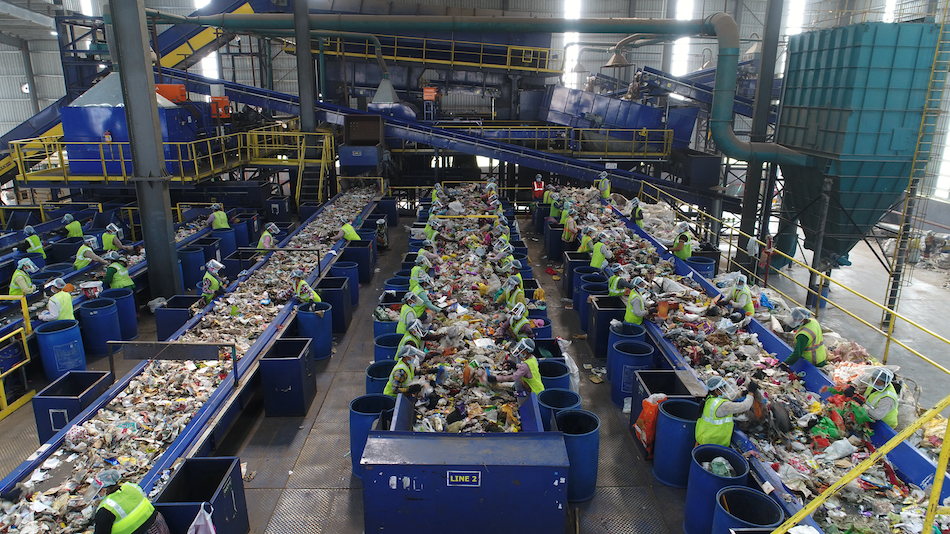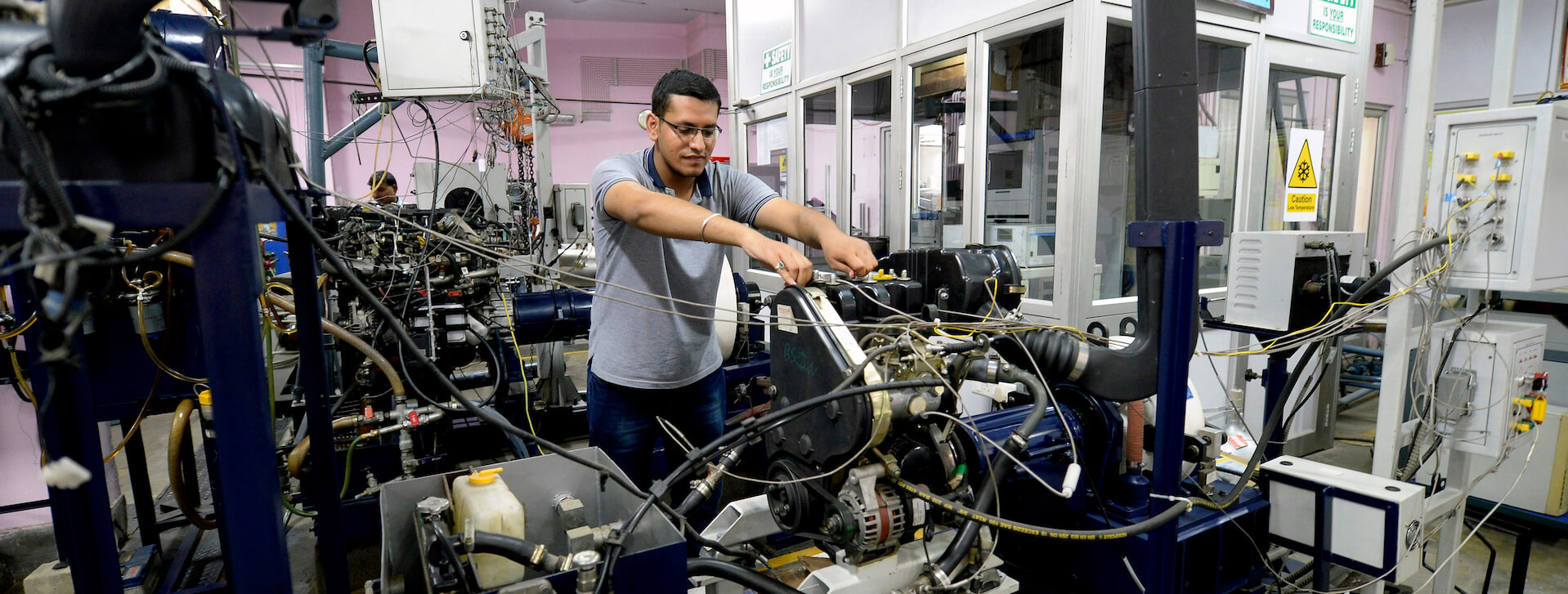ImpactAlpha, November 15 – Impact investors in India gathered last week in Delhi’s hazardous smog to strategize ways to raise, and deploy, more climate finance.
“This morning, none of us can breathe in Delhi,” Ruchira Shukla of the International Finance Corp. said at the India Green Investment Forum. Polluted air, she said, “is a climate impact that over the long haul will destroy the respiratory health of everyone in this room, and everyone in this city.”
The flows of climate capital into India have primarily focused on renewable energy and electric vehicles. The event, organized by Impact Investors Council, sought to highlight other investment opportunities, such as battery storage and climate smart agriculture. Shukla wants to see more investing at the intersection of climate and health.
“There is a need for investors to look beyond renewable financing, at the next frontier of where opportunities could lie,” Ramraj Pai, the IIC’s former CEO, told ImpactAlpha.
New players, new funds
Funding of all sorts has declined in India, as it has globally, though new impact players and funds continue are still emerging.
The Indian government-owned National Bank for Agriculture and Rural Development, or Nabard, is adding climate to its agenda in addition to rural development. Nabard’s chairman Shaji K V said the bank is lining up a social bond of about 50 billion rupees ($600 million), and that Nabard will be present in climate equity, debt and even in grants.
“We want to play the role of a conductor,” in an orchestra, said Shaji.
The Global Energy Alliance for People and Planet is setting up a catalytic capital fund to invest in new climate technologies. GEAPP, an initiative of the Bezos Earth Fund and the Rockefeller and Ikea foundations, is eyeing $50 million for the fund for “disruptive technologies where the risks are very high, and we know other funds will not come in ab initio,” said GEAPP’s India lead Saurabh Kumar.
Climate + gender lag
Climate has reached the top of the agenda for many of India’s impact investors. Climate investments that include a gender lens, however, barely registers.
Nearly all of the UN Sustainable Development Goals can be addressed by investing with a climate + gender lens. But many investors still feel that adding a gender focus to investments is concessionary, said Megha Goel of Entelechy.
Entelechy has been trying to raise a $50 million climate + gender fund for the last year but progress is slow. The firm wants to invest in businesses that are at least 51% women-owned and are solving climate issues, such as connecting farmers to climate-smart technologies.
While some development finance institutions ask their India-based fund managers to consider gender, “its not the core focus,” said Goel.
The number of investable companies is limited as a result: women entrepreneurs aren’t sure be able to raise the capital they need. “Why would she leave her job and [launch] a startup?” said Goel.
Climate resilient agriculture
There’s solid consensus among impact investors of the need to boost the climate resilience of India’s 130 million smallholder farmers. There isn’t around how to invest for that outcome.
Agri-finance expert Hari Rajagopal asked panelists in a packed session whether funds should expect lower returns, or whether a typical investment life of seven years is suitable for the task, given the long gestation period of projects and agtech companies.
Seven years is a starting point. Fifteen years is ideal, replied Jinesh Shah of Omnivore, a Mumbai-based agrifood impact investment firm. Venture capitalists in the space are extending their fund lives, he added. “If you want to focus on the agriculture sector, you need longer capital, you need a different way of investing, and [you also need] science-based innovation.”
“Do I need lower return expectations?” he added. “The answer is no.”
Circular opportunity
The circular economy and waste management will present a $45 billion market opportunity for impact investors by 2030, according to a new report from IIC and Climate Policy Initiative. Existing funding flows are too small to manage the mountains of waste piling up in India’s cities and industrial sites.
“We are in a crisis,” said Wilma Rodrigues of Bangalore-based social enterprise Saahas Zero Waste.
Waste management policies have been in place for many years, but consumers and businesses do not manage their waste streams nor are they willing to pay for waste services. Saahas tries to address the problem by providing bulk collection, sorting, disposal and recycling for corporations, tech parks, residential communities and large organizations.
One area of the circular economy that is gaining traction in India: battery recycling. Interest stems from batteries’ valuable mineral and metal contents, including lithium and cobalt.
“There is an army of people who are trying to recycle in this space to extract whatever they can,” said Rajat Verma of Lohum Cleantech, which handles electric vehicle battery recycling.
Small players often don’t follow recycling standards. The next issue to tackle, Verma said, is whether “we are recycling things responsibly.”











